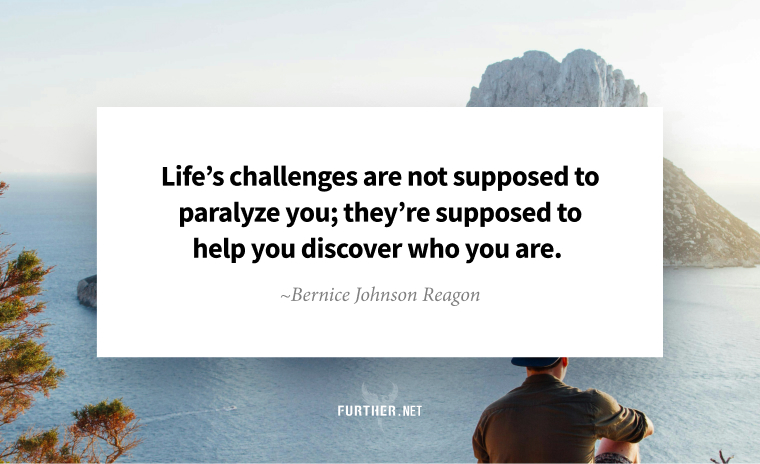
Statistically speaking, by the time we’re in our mid-50s, more than two-thirds of us will have at least one chronic medical condition.
Realistically speaking, when it’s your diagnosis, it’s panic-inducing. I’m speaking from recent experience when a routine physical blood test showed slightly elevated “bad” cholesterol (LDL). Probably not a big deal, my doctor said, but given my family history, she ordered a coronary artery calcium scan.
Still, I wasn’t worried until a few days after the test when my doctor rang me at 8:00 am, almost giving me a heart attack. Sadly, this metaphor is a little too on point — she was calling to let me know my results were in the 98th percentile. Typically, Type A me loves high scores, but this time, not so much. It means I’m at high risk for heart disease and need to see a specialist for further testing.
Meanwhile, the first available cardiologist appointment isn’t for six weeks, which feels like an eternity. So, to bide my time, I’m developing a new expertise: beating scanxiety.
High Scanxiety
“Scanxiety” is precisely what it sounds like:
The anxiety, restlessness, and nervousness patients feel in the days or weeks before a scan or test, during the scan, and in the days and weeks before the results are in.
While worry is a wasted emotion, it’s natural, especially when you’ve received bad news and are in a holding pattern. Research on cancer patients shows that 83% experience scanxiety.
This is where resilience comes in. As we all learned from the COVID-19 pandemic, flexibility and adaptability are the keys to coping with the unknown.
Don’t Worry, Be Scrappy
I’ll admit the first couple of days of scanxiety were intense. While my logical mind tried to remind me I hold the Further Longevity Trinity (exercise, nutrition, sleep) sacred and meditate daily, my active imagination threatened to drag me into an angst-ridden abyss.
So, here are some tips for coping with scanxiety:
- Tell yourself another story: “You got this” is a great opening line. Keep things in perspective and avoid catastrophizing.
- Take action to help you cope: Not everything is out of your hands; make plans for things you’ll need, like insurance coverage, a few days off work, etc.
- Go with the flow: Immerse yourself in the things you love, and let the flow state whisk you away, at least for a little bit. (Mindfulness helps with this.)
- Avoid negative thinking: In other words, stop Googling! Knowledge is power, but rabbit holes can be scary.
- Get support: You’re not alone; fostering connection and community bolsters your resilience.
Ultimately, your attitude is the cure for scanxiety. By consciously directing your attention in proactive and productive directions, you’ll find that its worst symptoms, including fear, frustration, anger, and sadness, fade away. It’s an excellent prescription, and I say that from the ♥️.
Scanxiety: 5 Tips for Coping When You’re Waiting for a Diagnosis (Everyday Health)
